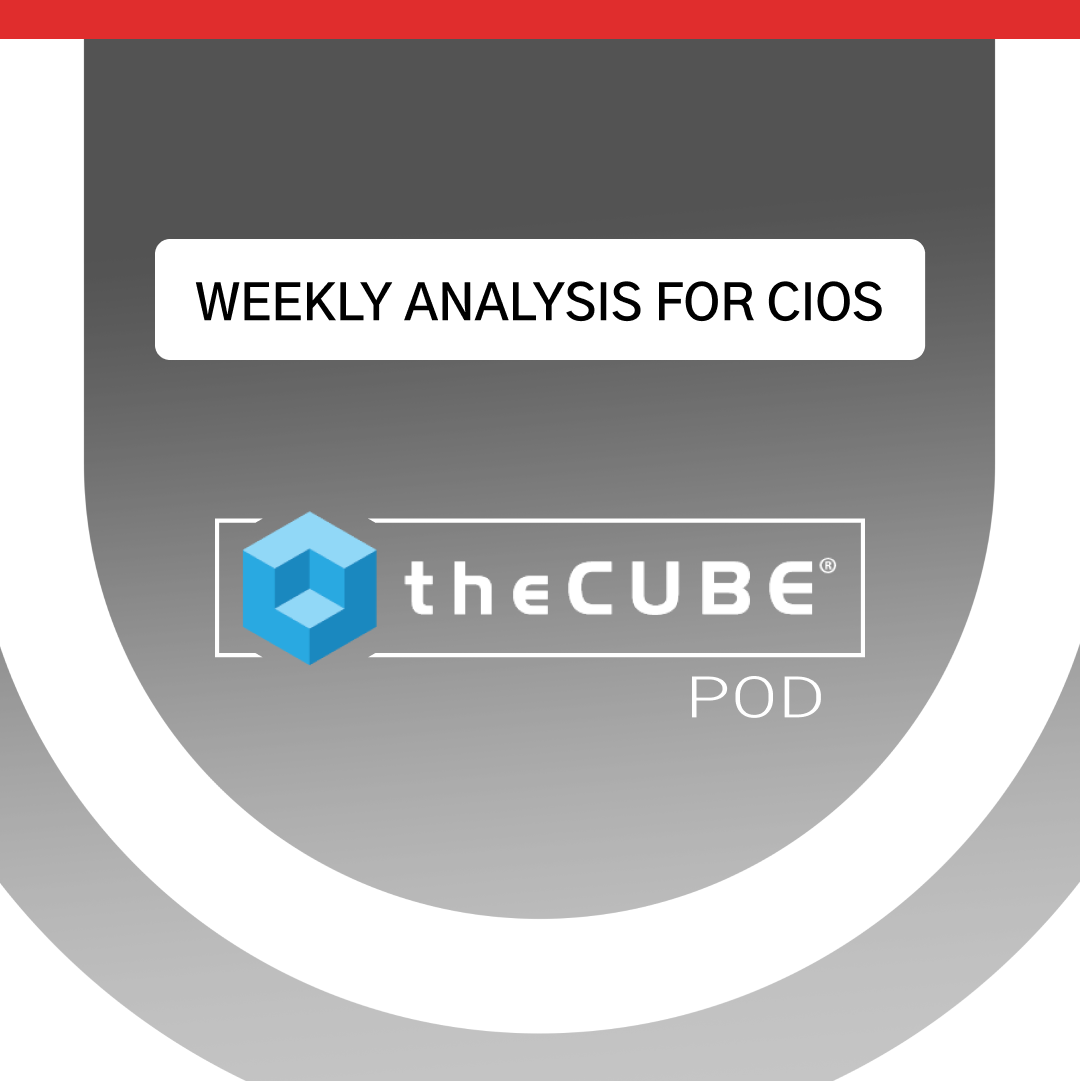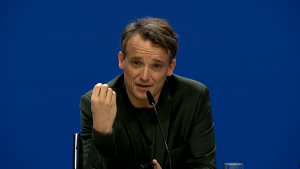Google’s Closure of Labs Signals Big Change, and Good News for Startups
A new CEO always brings a broom with them, and Larry Page’s return to the job at Google includes a major sweep of management and company priorities.![]()
One of the casualties is Google Labs, a fairly large collection of small apps and other services, mostly used to enhance current Google services, such as GMail, but also to show off some of the projects Google engineers have produced during their 20% time — the allocation offered for non-work projects.
Veteran tech journalist John Dvorak wondered why? Google Labs is being closed.
This is a disaster for users. I can see no real rationale for turning off the labs…
… what does it take to maintain a webpage with old projects? Even with no support, many of these old programs and ideas are useful to some people. What does it cost to keep the pages alive on the servers?
It no longer works like it did back in 1987, when the old code had to go, because the hard disk was being chewed up.
I can see the reason. Larry Page wants to work on much larger projects, large infrastructure stuff that will make a big, big difference in the world. Not piddly little stuff.
Steven Levy, a senior editor at Wired, spent a lot of time at Google researching his book, “In the Plex.”
In an article for Wired, “Larry Page Wants to Return Google to Its Startup Roots” he reports that Mr. Page has said many times, that he has always “wanted to change the world.”
Mr. Levy says Google is now in the hands of “a true corporate radical.”
He sees the historic technology boom as a chance to realize such ambitions and sees those who fail to do so as shamelessly squandering the opportunity. To Page, the only true failure is not attempting the audacious. “Even if you fail at your ambitious thing, it’s very hard to fail completely,” he says. “That’s the thing that people don’t get.”
Interesting stuff. Clearly, Google Labs, which includes projects such as returning the “beta” label to a user’s GMail page, doesn’t qualify as a big world, game changer.
However, the closure of Google Labs is a game changer for many small startups. It signals that Google isn’t interested in competing with their services or products, some of which were in Labs.
Google can offer lots of web based services without requiring monetization — its revenues from advertising subsidize a broad range of services that some startups are trying to earn a living from.
It’s hardly a level playing field when your competitor is offering something similar for free, and isn’t even trying to monetize it. At least with a competitor that is trying to build a business, there is a mutual need to monetize, which dictates strategy and also helps build a paying marketplace.
So what will be Mr. Page’s big ideas? That’s not clear yet. It could be anything from nuclear reactors to…?
Whatever it is, he’ll be taking close to 25,000 staff, investors, and hundreds of millions of users on the ride with him. Will this distract Google? WIll it take its eye off the ball?
Google occupies a tremendously important position within the global economy, it’s ability to continue doing what it does best affects huge volumes of global commerce and many millions of businesses.
Improving search and contextual advertising is not very glamorous, it certainly doesn’t the change world but it’s hugely important. Will it be important enough for Mr Page’s ambitions?
I’m sure that he won’t want his wikipedia page to state: “Larry Page resumed the CEO position in April 1, 2011, where he spent the rest of his years honing his Page Rank algorithm, incrementally improving the search experience for Internet users … searching for skateboarding cats and cheap coupons.”
Looks like we’ll all be on this ride together, what Google does or doesn’t do affects all of us.
But shouldn’t Mr. Page “change the world” somewhere else? After all, Bill Gates does it through his foundation, not through Microsoft.
I’d advise Mr. Page to head up Google Foundation and leave the mundane work of improving search to those that have more modest ambitions. Otherwise, expect more self-driving cars, neighborhood nuclear power stations, and whatever else Mr. Page thinks is a game changer.
My concern is that the road to hell is paved with good intentions and I’d rather not be in the same vehicle as Mr Page. But Google’s dominance means we are all sitting in the passenger seat.
[Cross-posted at Silicon Valley Watcher]
A message from John Furrier, co-founder of SiliconANGLE:
Your vote of support is important to us and it helps us keep the content FREE.
One click below supports our mission to provide free, deep, and relevant content.
Join our community on YouTube
Join the community that includes more than 15,000 #CubeAlumni experts, including Amazon.com CEO Andy Jassy, Dell Technologies founder and CEO Michael Dell, Intel CEO Pat Gelsinger, and many more luminaries and experts.
THANK YOU













